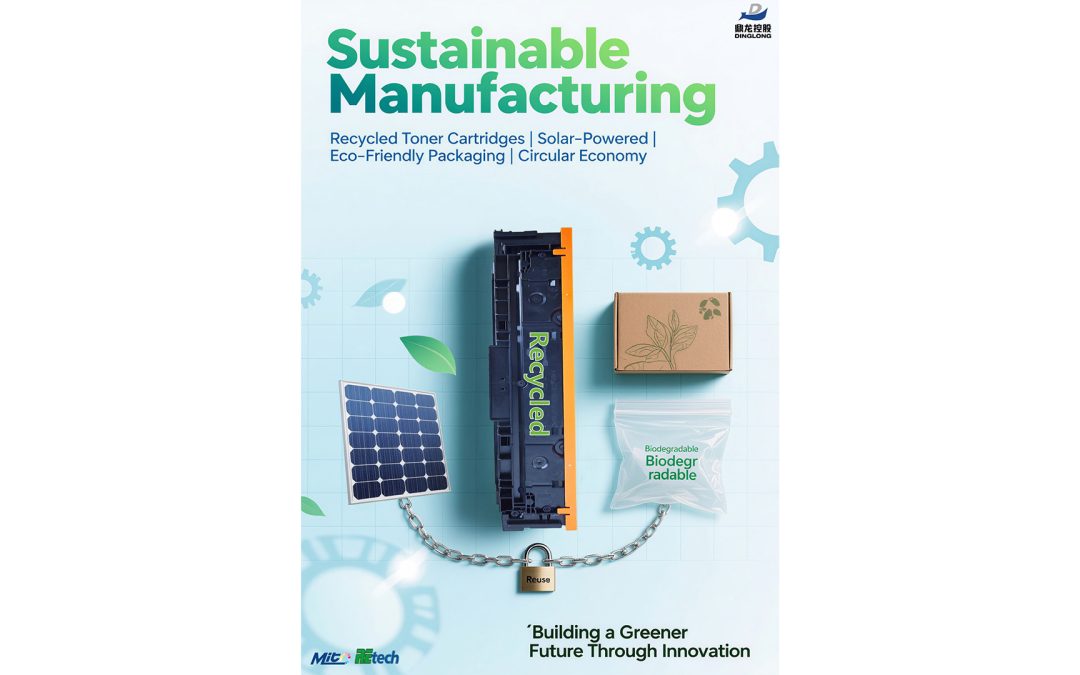The EcoDesign for Sustainable Products Regulation also aims to reduce the overall environmental and climate impacts of products on the EU market.
New rules entered into force to make sustainable products the norm on the EU Single Market and reduce their overall environmental and climate impacts.
 The EcoDesign for Sustainable Products Regulation (ESPR) aims to extend product lifespan, ease repairs, enhance recycling, reduce harmful chemicals, and improve energy and resource efficiency. This will lower costs and simplify maintenance for consumers. The regulation will level the playing field for businesses, promoting more sustainable products in the EU, enhancing competitiveness, and boosting jobs in remanufacturing and recycling sectors.
The EcoDesign for Sustainable Products Regulation (ESPR) aims to extend product lifespan, ease repairs, enhance recycling, reduce harmful chemicals, and improve energy and resource efficiency. This will lower costs and simplify maintenance for consumers. The regulation will level the playing field for businesses, promoting more sustainable products in the EU, enhancing competitiveness, and boosting jobs in remanufacturing and recycling sectors.
Executive Vice-President for the European Green Deal, Maroš Šef?ovi?, said: “Today we set the bar higher to ensure that resource and energy-efficient products become the norm on the EU market. The EcoDesign for Sustainable Products Regulation is a world-leading initiative. Having products that are repairable, recyclable and increasingly made of recycled materials provides new business opportunities, creates innovative jobs and offers more value for consumers. We will now swiftly roll out EcoDesign product rules – starting with the products that have the biggest environmental impact and the biggest potential for energy savings and circularity.”
Poorly designed and short-lived products are costly to both consumers and the environment. The ESPR builds on the success of the EcoDesign Directive, which has already saved EU households an average of €200 per year, primarily by enhancing product energy efficiency.
- ESPR will expand this initiative to a wider array of products, setting comprehensive eco-design requirements that cover:
- Product durability, reusability, upgradability, and reparability
- Elimination of substances impeding circularity
- Energy and resource efficiency
- Recycled content
- Remanufacturing and recycling efforts
- Carbon and environmental footprint management
- Enhanced information requirements, including a Digital Product Passport for transparency.
The EU will introduce Digital Product Passports under the ESPR, offering scannable tags on products for easy access to sustainability information. This will aid consumers in making greener choices and support circular business models, enhancing job creation and profitability. Additionally, the ESPR will prohibit the wasteful destruction of unsold consumer goods, particularly textiles and footwear, with certain exceptions for small and medium-sized enterprises. This measure aims to increase corporate transparency and compliance over time.
The EcoDesign for Sustainable Products Regulation (ESPR) does not cover office imaging consumables and hardware, which will be regulated under a separate EcoDesign framework currently being discussed. This upcoming regulation will specifically focus on enhancing the reuse and remanufacturing of these products, aiming to significantly boost their sustainability by extending their lifespan and reducing waste in office environments.




















